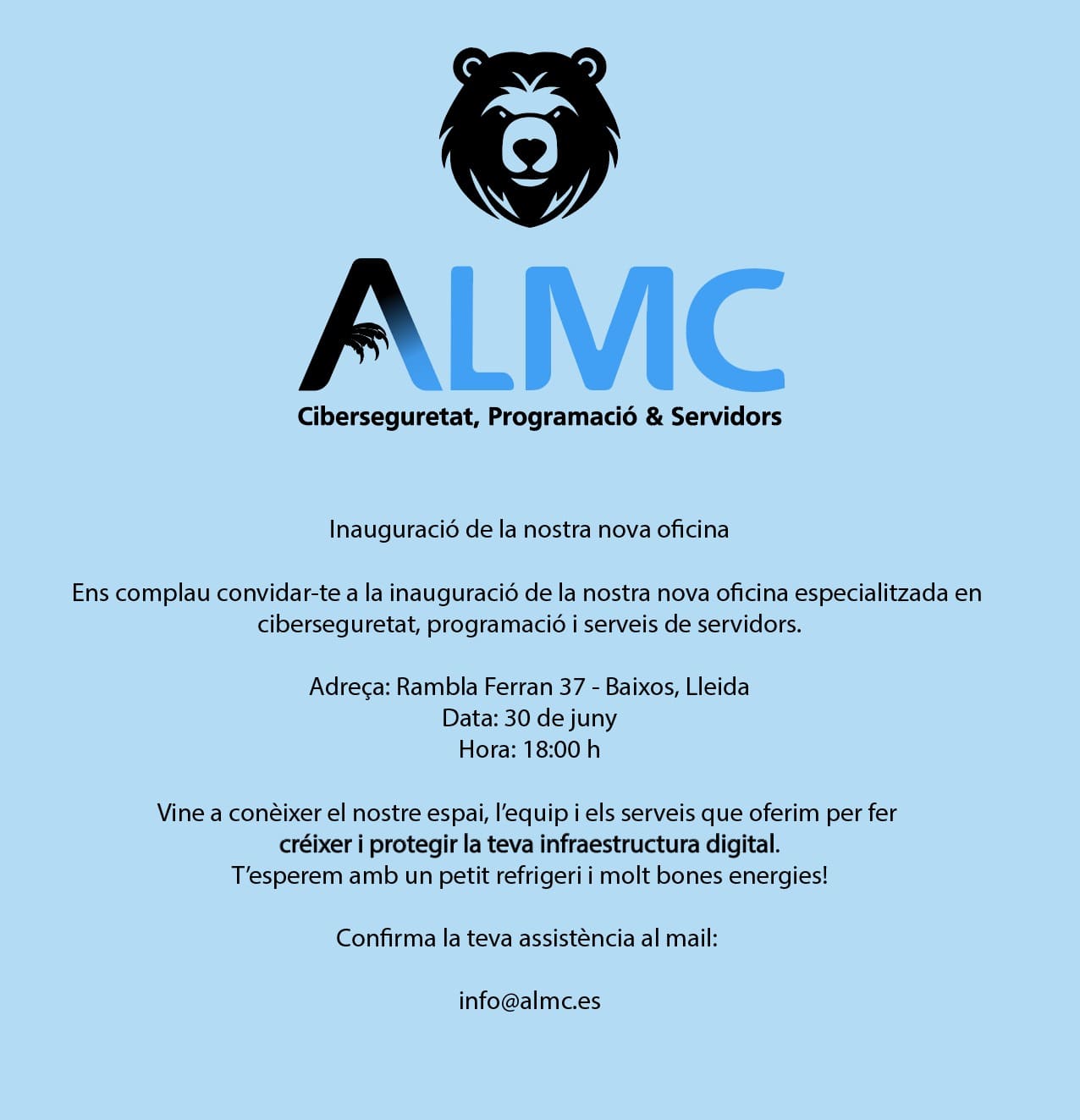Helios-9 MCP Server
An AI-native Model Context Protocol (MCP) server that provides comprehensive project management context to AI agents. Built for seamless integration with Claude, OpenAI, and other AI systems via the Helios-9 API.
📌 Current Status
Stability: Ready for Core Features
Active Tools: 21 (Projects, Initiatives, Tasks, Documents - full hierarchy support)
API Integration: ✅ Fully integrated with Helios-9 SaaS API
🌟 Features
Core Capabilities
- Project Management: Create, read, update projects with full context
- Task Operations: Kanban boards, task creation, status tracking
- Document Management: Markdown documents with frontmatter metadata
- AI Integration: Structured metadata for optimal AI collaboration
- Real-time Context: Live project statistics and activity feeds
MCP Protocol Support
- Tools: 21 tools for projects, initiatives, tasks, and documents
- Resources: Dynamic project and document resources
- Prompts: 9 AI-optimized prompt templates for project workflows
AI-First Design
- Frontmatter Support: YAML metadata for AI instructions
- Link Analysis: Internal document linking with
[[document-name]]syntax - Basic Search: Keyword search across projects, tasks, and documents
- Semantic Search: Coming soon with Supabase pgvector integration
🚀 Quick Start
Prerequisites
- Node.js 16+
- Access to Helios-9 main application with API key generation
- MCP-compatible AI client (Claude Desktop, OpenAI, etc.)
Installation Options
Option 1: Run directly with npx (Recommended)
npx -y helios9-mcp-server@latest --api-key YOUR_HELIOS9_API_KEY
Option 2: Clone and build locally
Install dependencies:
npm installConfigure environment:
cp .env.example .env # Edit .env with your Helios-9 API configurationBuild the server:
npm run buildStart the server:
npm start
Environment Variables
# Required - Helios-9 API Configuration
HELIOS_API_URL=https://www.helios9.app
HELIOS_API_KEY=your_generated_api_key
# Optional
LOG_LEVEL=info
NODE_ENV=development
🔑 API Key Generation
From Helios-9 Main Application
- Login to your Helios-9 application
- Navigate to Settings > API Keys
- Click "Generate New API Key"
- Copy the generated key (it will only be shown once)
- Set permissions for the key (read/write access to projects, tasks, documents)
- Add the key to your MCP server environment
API Key Permissions
Your API key controls access to:
- Projects: Create, read, update, delete projects
- Tasks: Manage tasks within your projects
- Documents: Create and manage project documentation
- Analytics: Access project insights and metrics
📋 Available Tools
✅ Project Tools
list_projects- List all projects with filteringget_project- Get detailed project informationcreate_project- Create new projectupdate_project- Update existing project
✅ Task Tools
list_tasks- List tasks with filteringget_task- Get specific task detailscreate_task- Create new taskupdate_task- Update task status/details
✅ Document Tools
list_documents- List documents with filteringget_document- Get specific documentcreate_document- Create markdown document (requires project_id)update_document- Update document content
Note: All tools require proper API key authentication and respect user-level data isolation.
🚧 Coming Soon
- Semantic search across all content
- Task dependencies and workflows
- AI conversation tracking
- Advanced analytics and insights
- Document collaboration features
🔗 Resources & Prompts
Available Resources (24 total)
Projects: /projects, /project/{id}/context, /project/{id}/health, /project/{id}/timeline
Initiatives: /initiatives, /initiatives?project_id={id}, /initiative/{id}, /initiative/{id}/context
Tasks: /tasks, /tasks?project_id={id}, /tasks?initiative_id={id}, /task/{id}
Documents: /documents, /documents?project_id={id}, /document/{id}
Workspace: /workspace/overview, /workspace/analytics
Search: /search?q={query}, /search/semantic?q={query}
Conversations: /conversations?project_id={id}, /conversation/{id}
Workflows: /workflows, /workflow/{id}
Available Prompts
Planning & Strategy:
project_planning- Generate full project plans with initiativesinitiative_strategy- Strategic planning for initiativestask_breakdown- Break features into actionable taskssprint_planning- Plan sprints with current context
Analysis & Review:
project_health_check- Analyze project healthdocument_review- Review and improve documentationdaily_standup- Generate standup reportsproject_kickoff- Initial project structuring
Special Features:
helios9_personality- HELIOS-9's sardonic AI insights
🔧 Integration Examples
Claude Desktop Configuration
Add to your claude_desktop_config.json:
Option 1: Using npx (Recommended)
{
"mcpServers": {
"helios9": {
"command": "npx",
"args": ["-y", "helios9-mcp-server@latest"],
"env": {
"HELIOS_API_URL": "https://helios9.app",
"HELIOS_API_KEY": "your_generated_api_key"
}
}
}
}
Option 2: Using local installation
{
"mcpServers": {
"helios9": {
"command": "node",
"args": ["/path/to/helios9-MCP-Server/dist/index.js"],
"env": {
"HELIOS_API_URL": "https://helios9.app",
"HELIOS_API_KEY": "your_generated_api_key"
}
}
}
}
Cline/Continue Integration
{
"mcpServers": {
"helios9": {
"command": "node",
"args": ["/path/to/helios9-MCP-Server/dist/index.js"],
"env": {
"HELIOS_API_URL": "https://www.helios9.app",
"HELIOS_API_KEY": "your_generated_api_key"
}
}
}
}
OpenAI Integration
from mcp import MCPClient
import os
# Set environment variables
os.environ["HELIOS_API_URL"] = "https://www.helios9.app"
os.environ["HELIOS_API_KEY"] = "your_generated_api_key"
client = MCPClient()
client.connect_stdio("node", ["/path/to/dist/index.js"])
# List projects
projects = client.call_tool("list_projects", {})
# Create task
task = client.call_tool("create_task", {
"project_id": "uuid",
"title": "Implement user authentication",
"priority": "high"
})
📊 Data Models
Project
interface Project {
id: string
user_id: string
name: string
description?: string
status: 'active' | 'completed' | 'archived'
created_at: string
updated_at: string
}
Task
interface Task {
id: string
title: string
description?: string
status: 'todo' | 'in_progress' | 'done'
priority: 'low' | 'medium' | 'high'
project_id: string
assignee_id?: string
due_date?: string
created_at: string
updated_at: string
created_by: string
}
Document
interface Document {
id: string
title: string
content: string // Markdown with frontmatter
document_type: 'requirement' | 'design' | 'technical' | 'meeting_notes' | 'note' | 'other'
project_id: string // Required
created_at: string
updated_at: string
created_by: string
}
🔒 Security
Authentication
- API Key Authentication: Generated from your Helios-9 application
- Secure Storage: API keys are securely stored and managed in Helios-9
- User Context: All operations are performed in the context of the API key owner
Data Access
- User Isolation: API enforces user-level data access controls
- Permission-based: API keys can have granular permissions
- Audit Logging: All API calls are logged for security and debugging
Rate Limiting
- API-level: Rate limiting is enforced by the Helios-9 API
- Per-key Limits: Different limits can be set per API key
- Configurable: Limits can be adjusted in the Helios-9 admin panel
🏗️ Architecture
API-First Design
┌─────────────────┐ ┌──────────────────┐ ┌─────────────────┐
│ AI Client │────│ Helios-9 MCP │────│ Helios-9 API │
│ (Claude, etc.) │ │ Server │ │ Application │
└─────────────────┘ └──────────────────┘ └─────────────────┘
│ │
┌───────▼──────────┐ │
│ Authentication │ │
│ (API Key) │ │
└──────────────────┘ │
│
┌────────▼────────┐
│ Database │
└─────────────────┘
Benefits of API Integration
- Centralized Auth: Authentication handled by main application
- Consistent Data: Single source of truth for all data
- Security: API-level security controls and monitoring
- Scalability: Can serve multiple MCP clients
- Maintainability: Single codebase for data operations
📈 Monitoring
Health Checks
The server provides health information through logging:
- API connection status
- Authentication state
- Tool execution metrics
- Error rates and types
Metrics Available
- Tool call frequency
- Response times
- Authentication success/failure
- API endpoint usage patterns
🛠️ Troubleshooting
Common Issues
Authentication Failed
# Check API key validity
curl -H "Authorization: Bearer YOUR_API_KEY" https://www.helios9.app/api/auth/validate
Connection Issues
# Verify API URL is accessible
curl https://www.helios9.app/api/health
Permission Errors
- Check API key permissions in Helios-9 admin panel
- Ensure key has access to required resources (projects, tasks, documents)
Log Analysis
# Enable debug logging
LOG_LEVEL=debug npm start
# Look for API-specific errors
grep "API Error" logs/*.log
🤝 Contributing
Development Setup
- Fork the repository
- Create feature branch
- Make changes with tests
- Submit pull request
Code Style
- TypeScript strict mode
- ESLint configuration
- Prettier formatting
- Conventional commits
📝 License
This project is part of the Helios-9 platform. See the main project LICENSE for details.
🆘 Support
Documentation
Community
- GitHub Issues for bugs and features
- Discussions for questions and ideas
- Discord for real-time chat
📦 Publishing to npm
For Maintainers
Login to npm:
npm login # Enter your npm credentialsVerify package before publishing:
# Dry run to see what will be published npm publish --dry-run # Check package size npm pack --dry-runPublish to npm:
# For initial publish or updates npm publish # For beta/alpha releases npm publish --tag betaVerify publication:
# Check if package is available npm view helios9-mcp-server # Test installation npx -y helios9-mcp-server@latest --help
Version Management
Update version before publishing:
# Patch release (1.0.0 -> 1.0.1)
npm version patch
# Minor release (1.0.0 -> 1.1.0)
npm version minor
# Major release (1.0.0 -> 2.0.0)
npm version major
Built with ❤️ for the AI-native future of project management
🚀 Roadmap
Coming Soon
- Semantic Search: AI-powered search using OpenAI embeddings and Supabase pgvector
- Task Dependencies: Link related tasks and track workflows
- AI Conversations: Save and analyze AI agent interactions
- Advanced Analytics: Project insights and productivity metrics
- Bulk Operations: Update multiple items at once
- Workflow Automation: Trigger-based task creation and updates
Future Vision
- Multi-agent collaboration support
- Custom tool creation framework
- Integration with popular project management tools
- Real-time collaboration features




